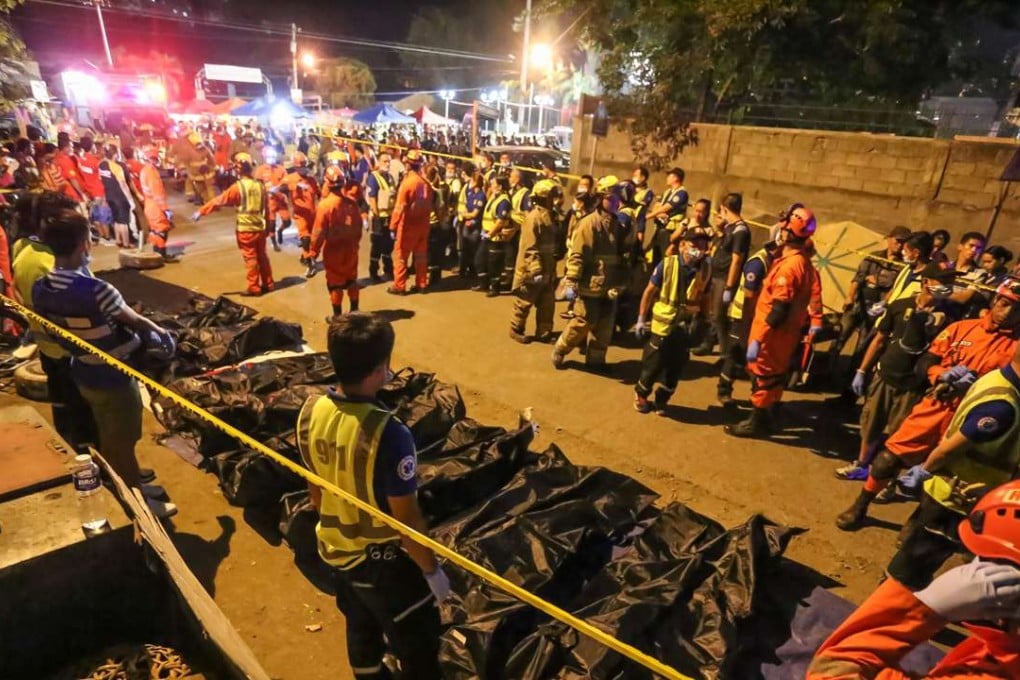Why Duterte’s U.S. split could help Islamic State rise in the Philippines

ISIS may be in its death throes in Iraq as a government-led task force closes in on its Mosul headquarters, but Institute of Policy Analysis (IPAC) director Sidney Jones said it could only increase the incentive for IS loyalists to commit acts of violence at home.
“ISIS has deepened cooperation among extremist groups in Southeast Asia, but most law enforcement agencies retain a strongly national orientation, without in-house expertise on groups outside their own borders,” she said in her latest report, which focused almost exclusively on developments in Mindanao.

Jones said an accurate assessment of the security threat in Indonesia or Malaysia may partly depend on understanding developments in the southern Philippines, which is seen by the ISIS leadership as an extension of its caliphate in Southeast Asia.
While the Muslim-dominated western provinces of Mindanao have not been formally declared as a province, or wilayat, Jones said the extremist organisation has endorsed Abu Sayyaf leader Isnilon Hapilon as amir for Southeast Asia, and hundreds of Southeast Asian fighters in Syria have pledged their loyalty to him.
